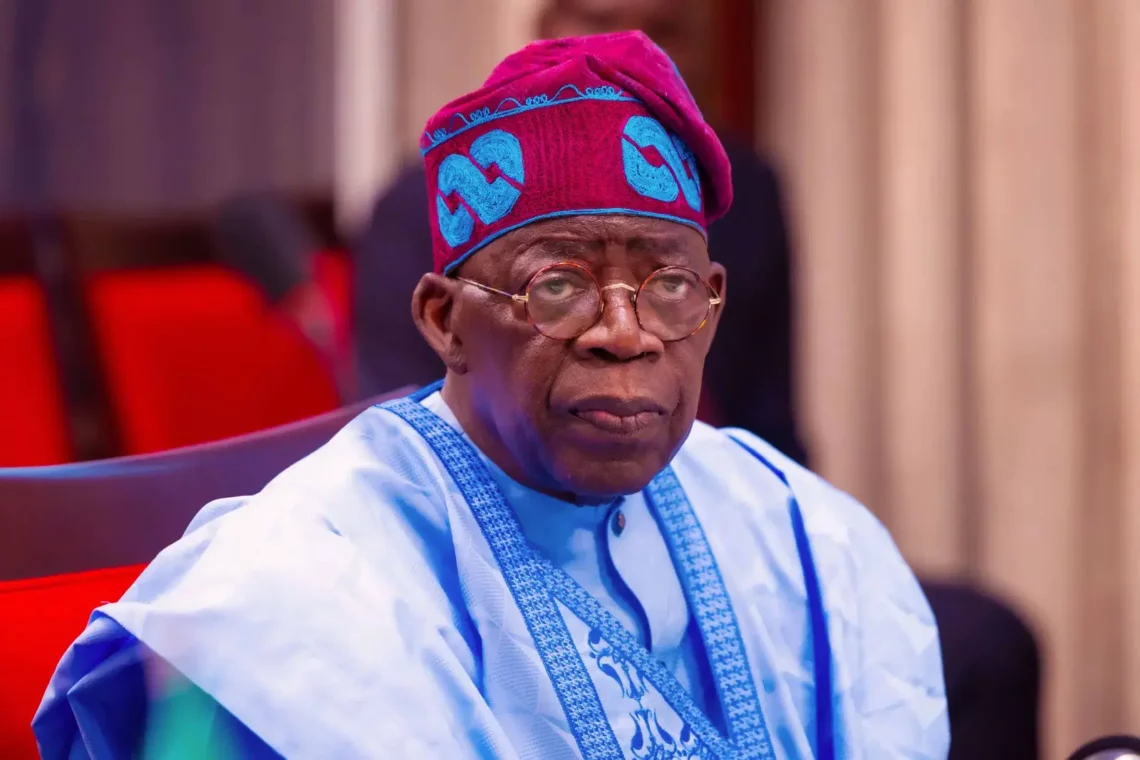Nigeria stands at an economic crossroads. President Bola Ahmed Tinubu’s administration has embarked on bold reforms, removing fuel subsidies, unifying exchange rates, and pledging fiscal discipline all aimed at restoring investor confidence and repositioning Africa’s fourth largest economy. Indeed, President Bola Tinubu is currently on a ten-day working visit to Brazil with the goal of wooing investors to fast track Nigeria’s economic growth. The question before us is whether these reforms can truly unlock the inflow of foreign direct investment (FDI) that Nigeria so urgently needs.
For decades, Nigeria has struggled with policy inconsistency, currency instability, and infrastructure decay, all of which have dampened investor appetite. Multinationals that once viewed Nigeria as the “giant of Africa” increasingly shifted capital to smaller but more stable economies. FDI inflows, which peaked at over $8 billion in 2011, dwindled to under $1 billion in recent years. Against this backdrop, Tinubu’s reforms represent an opportunity to reverse the tide.
The removal of the fuel subsidy, though painful for citizens, signals fiscal responsibility. It frees billions of naira previously wasted on opaque subsidy payments that can now be channeled into infrastructure, health, and education, sectors that both attract and sustain investment. Likewise, exchange rate unification, if managed well, could reduce arbitrage, stabilise investor returns, and encourage portfolio managers and long-term investors to re-enter the Nigerian market.
Beyond macroeconomic policy, Tinubu has promised to tackle bottlenecks in energy, logistics, and taxation. Already, his administration has announced tax reforms to streamline multiple levies that stifle business. Power sector investments, if accelerated, could reduce production costs and make Nigeria more competitive compared to regional peers. Coupled with the African Continental Free Trade Area (AfCFTA), Nigeria could emerge as the natural hub for multinationals seeking access to Africa’s 1.3 billion-strong market.
Still, optimism must be tempered with realism. Investors crave not just bold policy pronouncements but consistent execution. The perennial problems of insecurity, corruption, and weak institutions remain deterrents. Sporadic policy reversals, if allowed to creep back, will undermine confidence and stall capital inflows. Moreover, exchange rate unification must be sustained with adequate dollar liquidity; otherwise, distortions will persist.
Civil society and organised labour have raised concerns about the social costs of reform.These must not be ignored. For FDI to thrive, reforms must be inclusive; citizens must feel the benefits in jobs, opportunities, and social protections. Otherwise, reforms risk being viewed as investor-friendly but citizen-hostile, breeding resistance that could derail progress.
The potential is undeniable. Nigeria’s vast market, natural resources, and entrepreneurial population remain compelling attractions for global capital. Tinubu’s reforms have set the stage for renewed investor engagement. But sustaining that momentum will require consistency, transparency, and above all, delivery on promises.
If the administration can stay the course, Nigeria could very well see a renaissance in FDI, bringing in not just capital, but also technology, skills, and global competitiveness. Tinubu’s gamble on reform is risky, but if well executed, it may prove to be the catalyst that turns Nigeria’s economic story from one of squandered potential to one of sustainable prosperity





